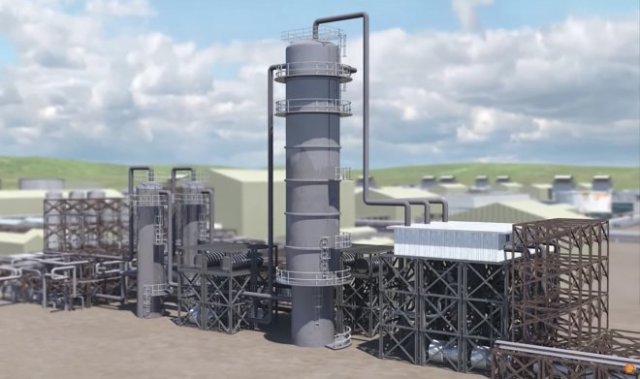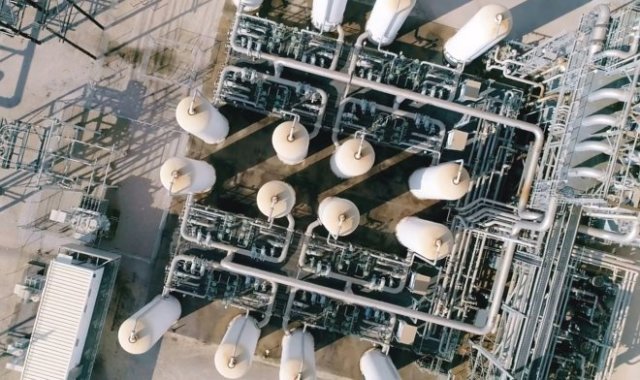
Hydrogen production
Hydrogen production plays an important role in the global transition to clean energy, especially in the hard-to-decarbonize industries-aviation and steel production.
As the industry grows, the "colors" of hydrogen are becoming more and more popular. "Black" hydrogen is produced by gasification of coal. "Gray" hydrogen is formed during the reforming of ordinary natural gas. "Brown" hydrogen is obtained by incomplete oxidation of lignite or brown coal under high pressure. Currently, 96 percent of hydrogen production falls into these environmentally "dirty" categories. "Green" is hydrogen produced from clean renewable sources, usually by electrolysis. "Blue" hydrogen, which has long been considered a good alternative with low emissions. This is the same "gray" hydrogen produced by steam reforming of methane, but with additional carbon capture at the final stage.

Hydrogen production
But now scientists from Cornell and Stanford Universities warn that "blue" hydrogen is a bad alternative, since it is associated with hidden emissions that in some industries cause more harm to the atmosphere than traditional options with burning coal or gas. It turns out that now it is much easier to buy a gas boiler for heating a private house than to use "blue" hydrogen with a complex production technology. Moreover, the impact on the environment will be the same. However, the first method is also cheaper, and even safer due to the run-in technology. In some cases, switching to "blue" hydrogen for heating, cooking or electricity generation, greenhouse gas emissions increase by 20 % compared to natural gas or coal and by 60 % compared to the use of diesel fuel.

Gas boiler
The loss of" blue " hydrogen here is explained by the imperfection of methods for extracting natural gas, when its leaks account for about 3.5 % of the production level. In addition, methane remains in the atmosphere for 20 years. The main problem of obtaining "blue" hydrogen is that the process of carbon capture requires energy, and this energy is obtained from burning an additional amount of natural gas. Thus, even when all carbon emissions from the reforming process are captured, additional methane leaks in the overall cycle reduce environmental performance by 9-12 percent.
